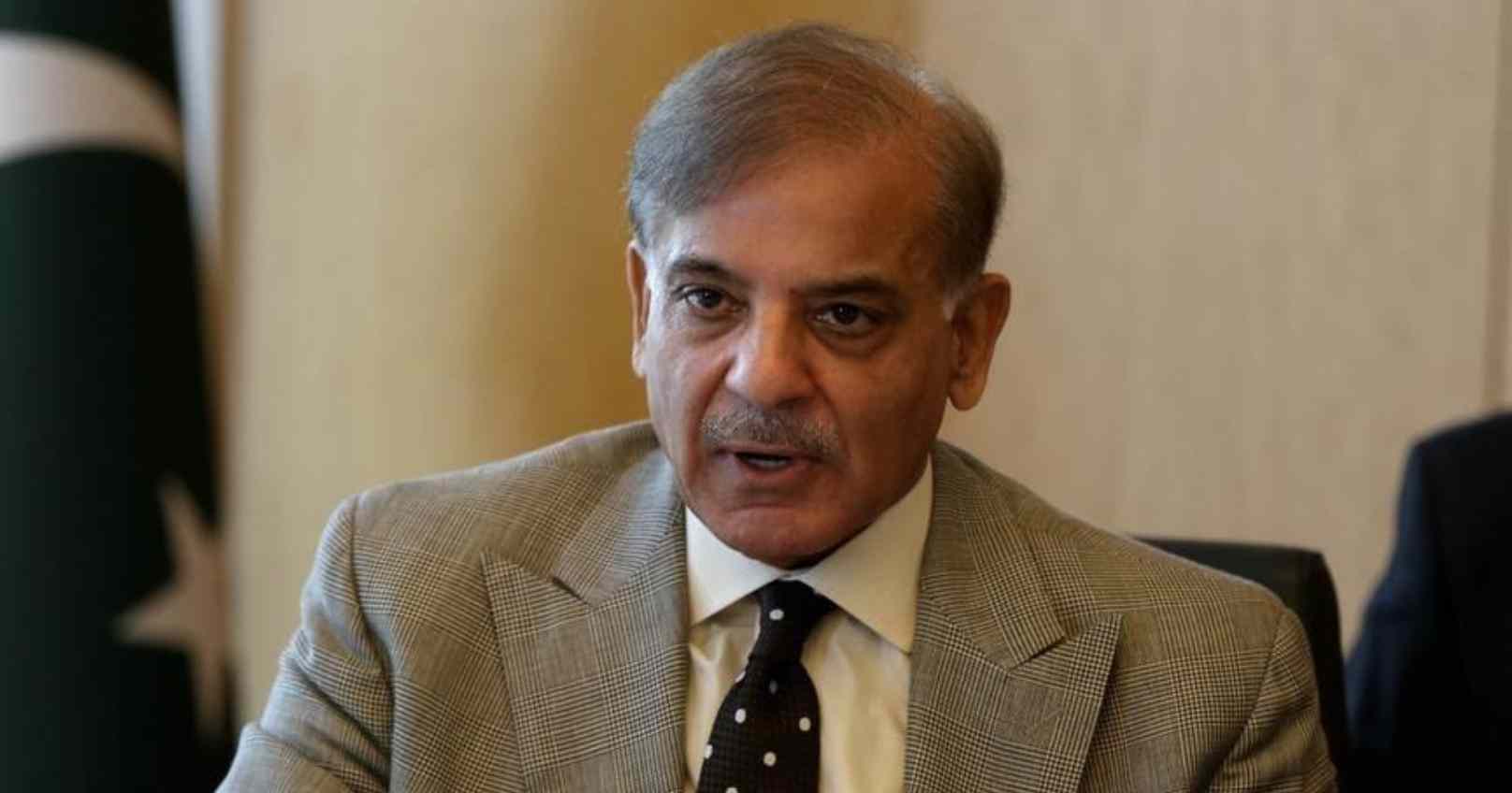Amid rising friction with India, a visibly unsettled Pakistani Prime Minister Shehbaz Sharif on Saturday said Islamabad was ready to cooperate in a "neutral and transparent" inquiry into the deadly Pahalgam terror attack — but also warned that the country remained fully prepared to counter any aggressive moves.
Describing the incident as part of a "persistent blame game," Sharif said, "The tragic events in Pahalgam are yet another reminder of the need to end this cycle. Pakistan remains committed to acting responsibly and is open to any neutral, credible, and transparent investigation."
Sharif's measured tone marks a shift from the more inflammatory rhetoric from other Pakistani officials in recent days, many of whom have accused India of "orchestrating" the Pahalgam attack to stoke regional tensions.
Reaffirming Pakistan’s longstanding position on Kashmir, the Prime Minister echoed army chief General Asim Munir, invoking Muhammad Ali Jinnah’s view of Kashmir as Pakistan’s "jugular vein."
"Pakistan will continue to stand by the Kashmiri people in their struggle for self-determination, honoring their sacrifices and resilience," Sharif declared.
Pahalgam Attack Triggers Diplomatic Fallout
The attack in Kashmir’s Baisaran Valley — often referred to as 'mini Switzerland' — claimed the lives of 26 tourists in one of the deadliest terrorist incidents in the region in recent years. Lashkar-e-Taiba operatives are believed to have carried out the assault.
India, hinting at Pakistan’s involvement, responded swiftly with tough diplomatic measures: scaling back official ties, suspending the Indus Waters Treaty, halting visa issuance for Pakistani nationals, and sealing the Wagah-Attari border crossing.
Pakistan, in retaliation, announced the closure of its airspace to Indian-operated airlines, further escalating the standoff.
Sharif's Warning on Water Dispute
Addressing India's suspension of the Indus Waters Treaty, Sharif issued a stern warning, stressing that any attempt to tamper with Pakistan’s water rights would meet with "full force."
The Indus river system is vital to Pakistan’s survival, irrigating around 80% of its farmland and supplying a significant portion of its hydropower needs.
"Let no one be mistaken... our armed forces are fully equipped and prepared to defend Pakistan’s sovereignty and territorial integrity, just as they demonstrated in their resolute response to Indian incursions in February 2019," Sharif said.
Back in 2019, following the Pulwama attack that claimed 44 Indian paramilitary personnel, India conducted airstrikes on terror camps in Balakot. Pakistan retaliated the next day by striking targets across the Line of Control in Jammu's Rajouri district. During the aerial confrontation that followed, the Indian Air Force shot down a Pakistani F-16 fighter jet.







